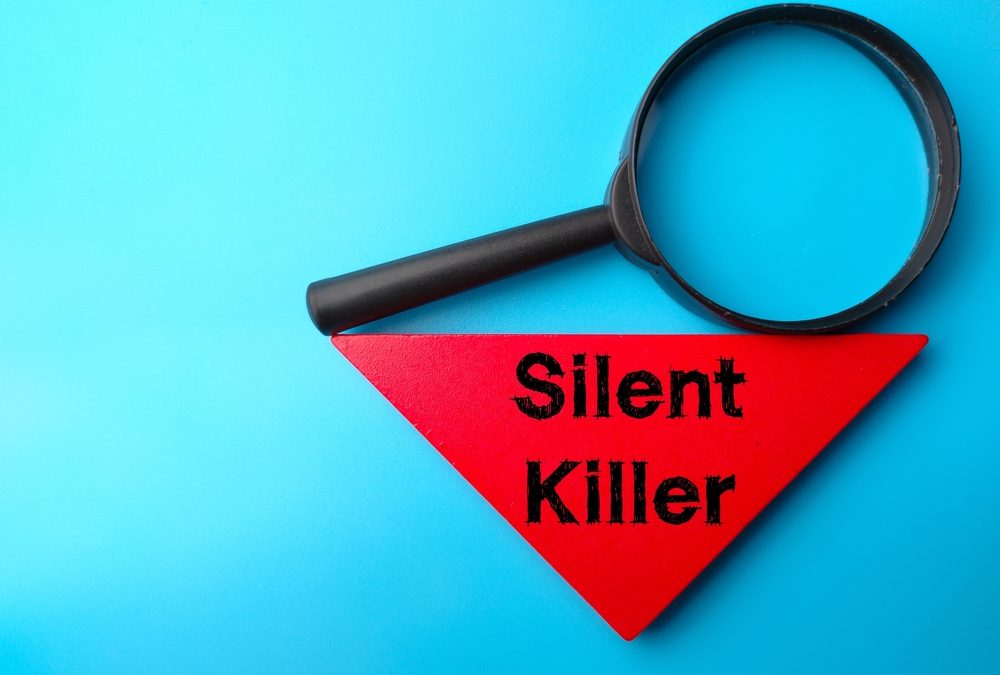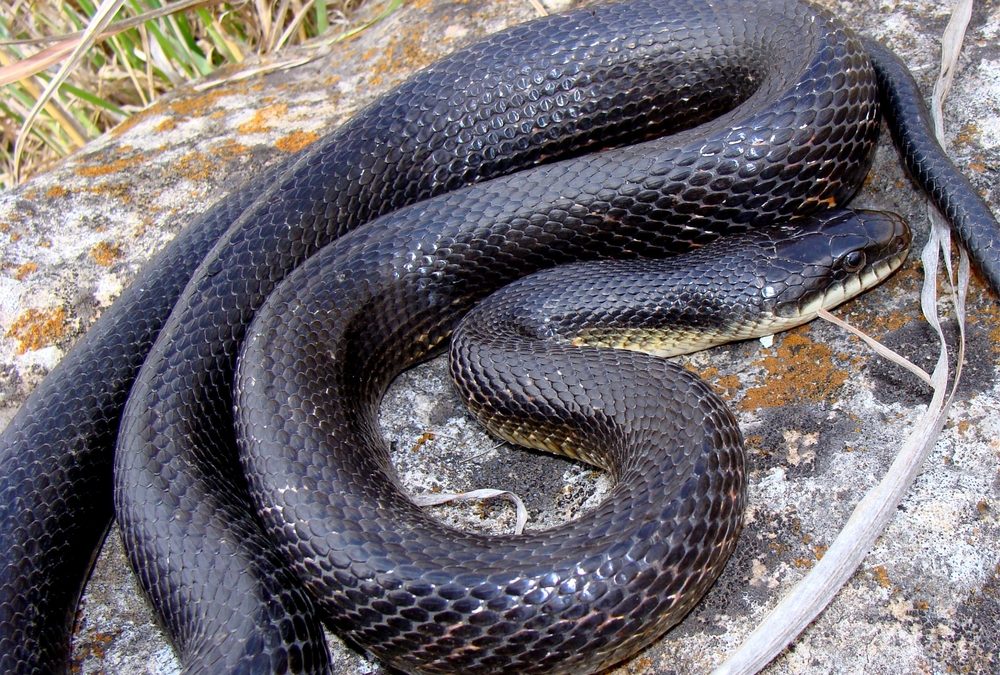Source: CTV News A new global analysis led by Antonia Mataragka of the Agricultural University of Athens warns that animals (pets, livestock, and wildlife) are experiencing rising rates of chronic, non-communicable diseases (NCDs) such as obesity, diabetes, cardiovascular disease, and cancer, mirroring trends in humans. The paper uses EcoHealth and OneHealth frameworks to explain how genetics, environment, and human-driven […]
read more
Editor
Recent Posts
Cats Claim Record Share of Veterinary Visits as Feline Market Momentum Builds
by Editor | Dec 12, 2025 | Companion Animal, Veterinary Practice

Source: Business Wire New data from the CATalyst Council shows the feline Veterinary market has reached an inflection point, with cats now representing a record-high 23% of all clinical visits. While total companion-animal visits have declined since 2022, feline visits continue to rise—up 2% in Q3 2025—marking a three-year growth trend that is reshaping Veterinary medicine. Sustained […]
read moreArkansas State University Receives $600,000 Grant for Reptile Research
by Editor | Dec 11, 2025 | Animal Health Industry, News

Source: MSN Arkansas State University has received a $600,000 grant from the Institute of Museum and Library Services to lead a multi-zoo study on reptile immune systems. Partnering with nine zoos nationwide, including the Memphis and Little Rock zoos, the project aims to fill major gaps in reptile immunology, an area with limited existing research. Associate physiology professor Dr. Lori Neuman-Lee said the […]
read moreNew Data Report: Foster-Based Rescues Operations – Shelter Animals Count
by Editor | Dec 11, 2025 | Companion Animal, News

Source: Shelter Animals Count Shelter Animals Count has released a new data report analyzing national trends in foster-based rescue operations using software data from Pawlytics. Foster-based rescues account for about 15% of U.S. animal intakes yet achieve a notably high 75% adoption rate, compared with the shelter average of 56%. Intake patterns differ by species: dogs enter […]
read moreCaring For and Learning From the Dogs of Chornobyl
by Editor | Dec 10, 2025 | Companion Animal, News
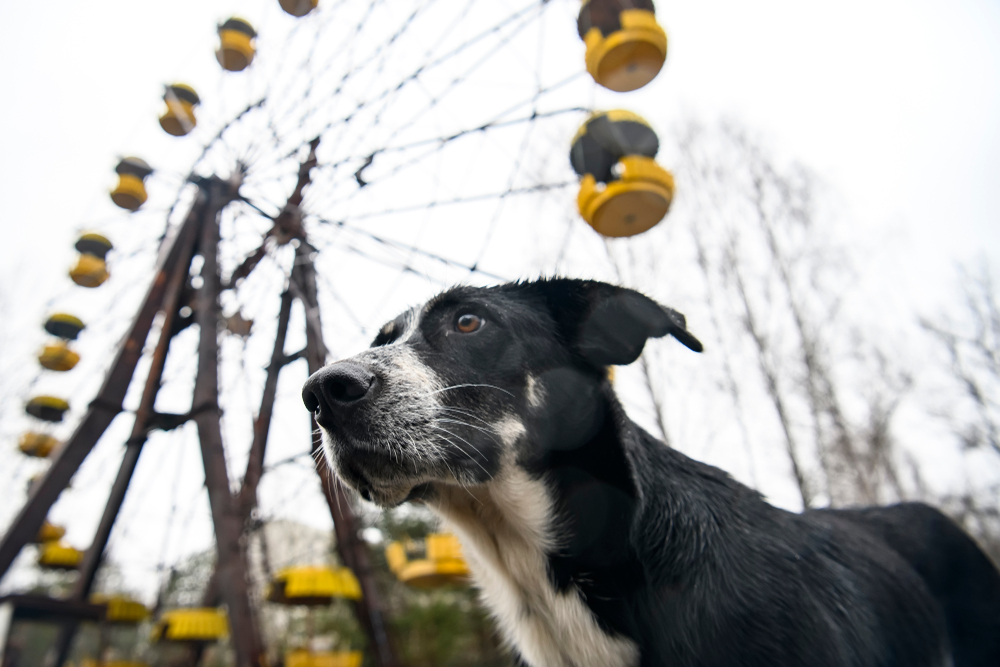
Source: VIN News Nearly 40 years after the Chornobyl nuclear disaster, hundreds of stray dogs—descendants of pets abandoned during the 1986 evacuation—continue to live in the exclusion zone, facing malnutrition, disease, and radiation exposure. Veterinarian Dr. Jennifer Betz, who leads the Dogs of Chernobyl initiative, travels regularly to the site to sterilize, treat, and study the animals despite […]
read moreEditorial: Panel’s Deliberate Pace Doesn’t Match Xylazine’s OD Threat
by Editor | Dec 10, 2025 | Animal Health Industry, News

Source: The Sun The Massachusetts Special Commission on Xylazine has begun meetings to address the growing use of the veterinary sedative in the state’s illicit drug supply, often in combination with fentanyl. Created by a 2024 state law, the commission is co-chaired by Sen. John Velis and Rep. Mindy Domb and includes officials from health, public safety, and Veterinary […]
read moreSilent Voices: Uncovering Women’s Absence in Veterinary Surgery Publications
by Editor | Dec 9, 2025 | Animal Health Industry, News

Source: PLOS One A study analyzing 2,881 papers published in the journal Veterinary Surgery between 2002 and 2023 to explores gender representation among authors. Using name-based gender inference and logistic regression models, the authors examined how publication year, author order, and surgical emphasis relate to the likelihood of an author being female. Overall, only 36% of authors were […]
read moreEmergency Approval Sought for Tick-Borne Cattle Disease Treatment
by Editor | Dec 9, 2025 | Agriculture, Livestock, News
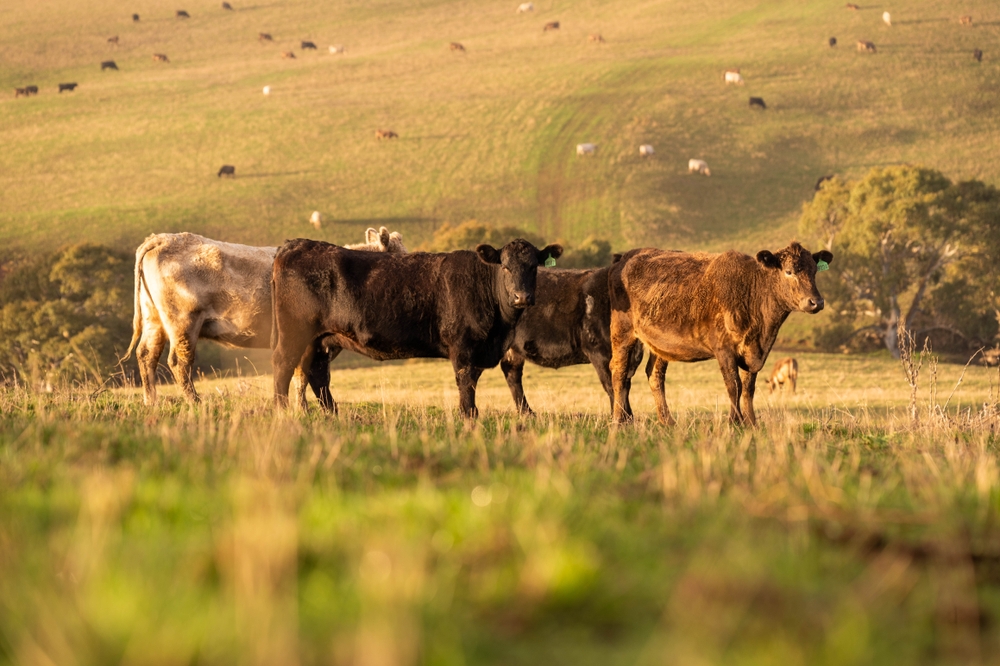
Source: R-Calf USA R-CALF USA has formally asked the U.S. Food and Drug Administration’s Center for Veterinary Medicine to grant emergency approval for buparvaquone, a drug widely used in other regions of the world, to treat cattle infected with theileriosis. In a letter from Animal Health Committee Chair Dr. Max Thornsberry, the organization warned that theileriosis has been spreading in […]
read morePRCA, WPRA Announce Postponement of 2025 National Finals Breakaway Roping
by Editor | Dec 8, 2025 | Equine, News

Source: The Cowboy Channel The Professional Rodeo Cowboys Association (PRCA) and the Women’s Professional Rodeo Association (WPRA) have postponed three major December 2025 events—the National Finals Breakaway Roping, the PRCA Permit Challenge, and the Benny Binion Bucking Horse Sale—due to a recent Equine Herpesvirus (EHV/EHM) outbreak. The organizations said they were notified by the South Point Hotel & Casino Arena, prompting the decision in accordance […]
read moreCity Council to Revisit Proposed Ban on Retail Pet Sales
by Editor | Dec 8, 2025 | Companion Animal, News

Source: yahoo! news A city council in Calgary is revisiting a proposed ban on retail sales of dogs, cats, and rabbits, after the proposal was briefed to the community development committee. The ban would prohibit the sale of those pets through retail outlets, a move driven by concerns over animal welfare and perhaps to encourage adoption from […]
read moreWSU Veterinarians Nurse Cannabis-Eating Ferret Back to Health, Highlight Dangers of Marijuana Poisoning
by Editor | Dec 7, 2025 | Animal Health Industry, News
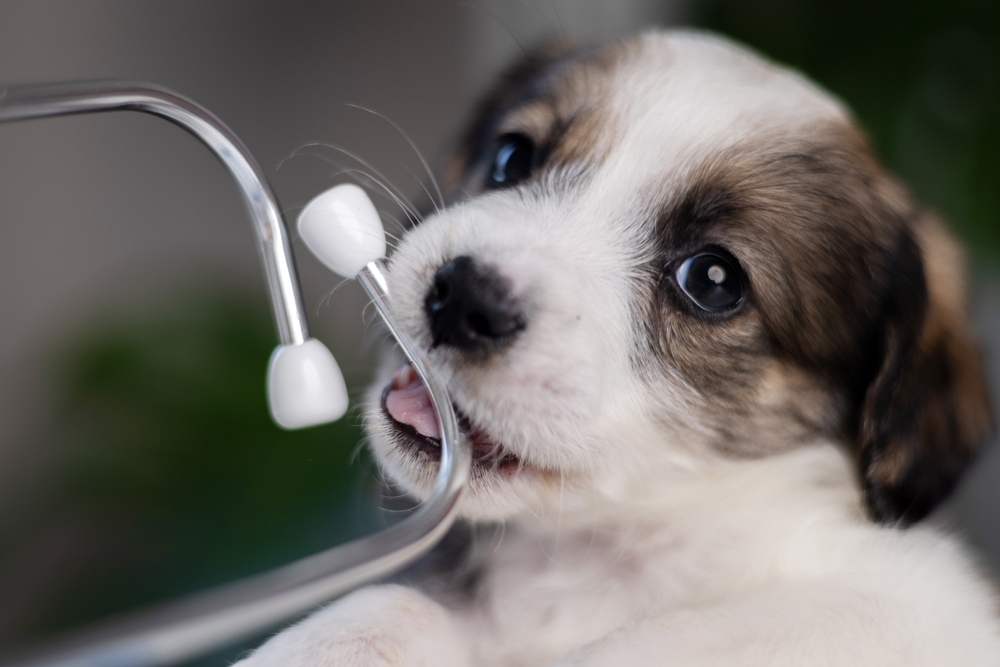
Source: KGW 8 Washington State University veterinarians are warning pet owners about rising cases of marijuana toxicity after treating a ferret named Vanilla, who nearly died from ingesting three cannabis edibles. When she arrived at the WSU Veterinary Hospital in March 2023, Vanilla had a dangerously low heart rate, minimal breathing, and appeared comatose. Initially suspected of having a […]
read morePenn State Plans Large Addition to Animal Diagnostics Lab
by Editor | Dec 7, 2025 | Animal Health Industry, News

Source: MSN Penn State plans to expand its Animal Diagnostics Laboratory with a new two-story, 43,000-square-foot addition, according to a sketch plan presented to the College Township Planning Commission. The project is part of a larger upgrade to the agricultural research complex north of East Park Avenue, following construction of a support annex already underway. The Animal Diagnostics Lab, which […]
read moreWhere Could Cornell’s $30 Million Agriculture Research Investment From the Settlement Deal Go?
by Editor | Dec 6, 2025 | Animal Health Industry, News

Source: The Cornell Daily Sun Cornell University’s $60 million settlement with the Trump administration includes a distinctive requirement: a $30 million investment in agricultural research over three years, in addition to a $30 million payment to the federal government. The agreement ends civil rights investigations and restores $250 million in previously frozen federal research funding. Cornell […]
read moreInjured Bald Eagle Undergoes Surgery at LSU Veterinary School of Medicine
by Editor | Dec 6, 2025 | Companion Animal, News

Source: 4WWL Louisiana’s bald eagle population is thriving, but rising numbers have led to more injured birds needing treatment. The latest case involves a presumed male eagle, identified by its smaller size, now undergoing surgery at the LSU School of Veterinary Medicine. The bird was discovered in Bayou Gauche after a property owner reported it down; animal control […]
read moreSource: PHYS ORG A new study from NC State’s Turtle Rescue Team (TRT), published in the Journal of Zoo and Wildlife Medicine, compiles 25 years of data on snake patients treated alongside the group’s better-known turtle cases. Lead author Savannah Dunn, a 2024 Veterinary graduate, explains that most snake injuries involve plastic netting entanglements, which can act like […]
read moreSource: Los Altos Town Crier Obesity affects about 60% of dogs in the U.S., creating serious health risks and reducing quality of life. Many owners struggle to recognize a healthy weight, which is defined by easily felt ribs, a visible waist from above, and an abdominal tuck from the side. Excess fat can restrict breathing, increase […]
read morePet First Aid Course Empowers Alaska’s Firefighters to Keep Animals ‘Stayin’ Alive’
by Editor | Dec 4, 2025 | Companion Animal, News

Source: Raven Radio At the Alaska Fire Conference in Sitka, veterinarian Dr. Toccoa Wolf of Sitka Animal Hospital trained firefighters to perform CPR and first aid on pets using a stuffed dog for demonstration. The workshop—so popular it required a second session—taught participants how to assess breathing, deliver oxygen, and adapt techniques for different breeds, such as flat-faced […]
read moreOldest-Living Dogs Reveal Potential Key to Fighting Frailty
by Editor | Dec 3, 2025 | Companion Animal, News

Source: Medical Xpress A new study from the Gerald P. Murphy Cancer Foundation’s Center for Exceptional Longevity Studies reveals that retaining gonad function may protect against frailty-related mortality in later life. Published in Scientific Reports, the research highlights the role of the hypothalamic-pituitary-gonadal (HPG) axis, which regulates testosterone production, in mitigating the lethality of frailty. Led by Dr. David […]
read moreTexas A&M Board of Regents Approves Construction of Meat Science and Technology Center
by Editor | Dec 3, 2025 | Agriculture, News

Source: Agrilife Today The Texas A&M University System Board of Regents has approved a $114.6 million Meat Science and Technology Center at Texas A&M–RELLIS, expected to break ground in early 2026. The 75,000-square-foot facility will feature advanced laboratories, classrooms, and a full meat-processing floor for beef, poultry, swine, sheep, and goats, providing extensive hands-on training. Designed to elevate […]
read moreTuskegee University Sues to stop American Veterinary Medical Association’s Attempt to Strip Their Accreditation
by Editor | Dec 2, 2025 | Animal Health Industry, News

Source: Yellow Hammer News Tuskegee University has filed a federal lawsuit and emergency motion to halt an upcoming AVMA Council on Education appeal hearing that could determine the accreditation status of its College of Veterinary Medicine, the nation’s only historically Black veterinary school. Tuskegee argues the AVMA violated due-process rights and failed to follow its own procedures during an […]
read moreContributors
Archives
- February 2026
- January 2026
- December 2025
- November 2025
- October 2025
- September 2025
- August 2025
- July 2025
- June 2025
- May 2025
- April 2025
- March 2025
- February 2025
- January 2025
- December 2024
- November 2024
- October 2024
- September 2024
- August 2024
- July 2024
- June 2024
- May 2024
- April 2024
- March 2024
- February 2024
- January 2024
- December 2023
- November 2023
- October 2023
- September 2023
- August 2023

